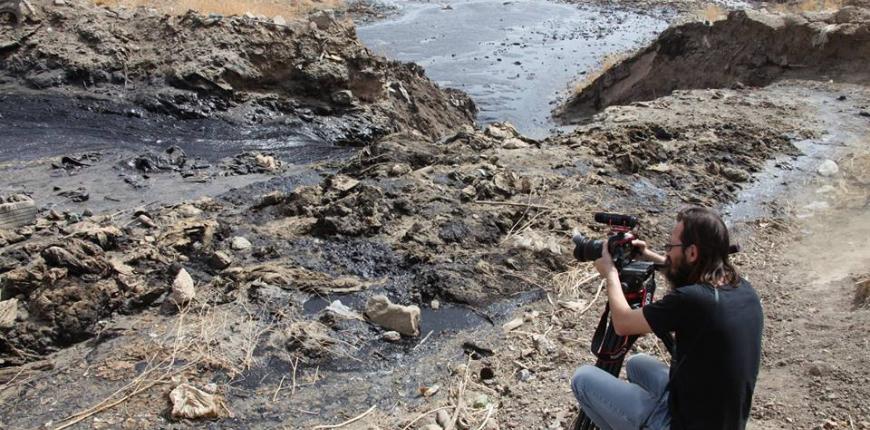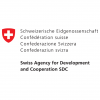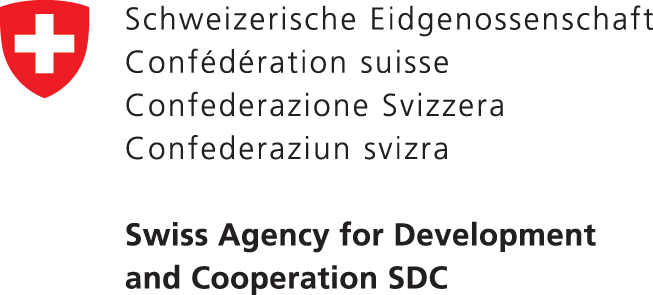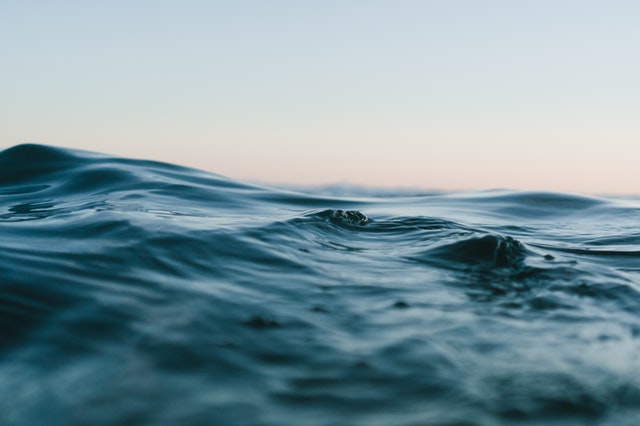Access to relevant, balanced and reliable information about competing interests and causes for unsustainable water management is one key condition for fair decision-making on water allocation. It provides the foundation for objective negotiations and builds trust – two key conditions to move towards cooperation instead of conflict. And finally access to information facilitates transparency and accountability in water management.
Journalists and the media have a mandate to inform the public about developments in the water sector that will have an impact on citizens. At the same time, media are sufficiently neutral to scrutinize decisions, highlight governance challenges and raise concerns about conflicts of interests over contested water resources. Hence, media could play a vital role for the improvement of water reporting and ultimately water governance in several respects:
-
Agenda-setting: By focusing attention and public debates on the reasons for water scarcity and water pollution, media can urge policy makers to include related issues on their agenda.
-
Watchdog function: As the ‘Fourth Estate’, journalists have the mandate to scrutinize the powerful and conduct in-depth investigations wherever public goods are affected. Media coverage can help to reveal cases of abuse and hold those responsible to account. In the long term, investigative journalism can help to decrease corruption and foster good governance in general.
-
Awareness-raising: To enable meaningful public contributions towards sustainable water management, it is essential to create awareness and establish a sufficient understanding of water-related challenges and decision-making processes.
-
Empowerment and encouragement: Increased coverage of water issues can embolden residents – encouraging them to question decision makers and demand action. Here the role of socially responsible media must be to provide access for these residents and to amplify the voices of those affected by water scarcity and water pollution.
Journalists can tell stories that resonate with the public and access channels that convey information to a broad audience. However, the complexity of water governance and the multitude of underlying reasons for water-related challenges need to be duly understood to convey the right messages that contribute to more sustainable water management. If engaged effectively, the media can create new pathways to effectively disseminate water news, facts, and community perspectives.
Against this background the Middle East Water Reporting toolbox provides tools to foster water related journalism as a key means to inform water sector stakeholders about challenges and opportunities in sanitation and water management.
The toolbox has been developed under the framework of the Swiss Agency for Development and Cooperation’s (SDC) ‘Blue Peace Middle East Initiative’. The Blue Peace Initiative builds on the assumption that countries that jointly manage shared water resources do not start wars with one another. Encouraging water-reporting by journalists complements and supports the efforts to build peace in the Middle East through water diplomacy in two ways. First, it makes information on water challenges accessible, increasing awareness for more sustainable water management and providing a level playing field for better water-related negotiation. Second, it raises awareness about solutions to water challenges in the region, facilitating replications of successful initiatives and making a common vision for the future more tangible.
Edited & Reviewed by:
Franka Voss, seecon GmbH
Dirk Spilker, MiCT
Christoph Sodemann, Borda
Janek Hermann-Friede, seecon GmbH
Funding Partners
Created by





